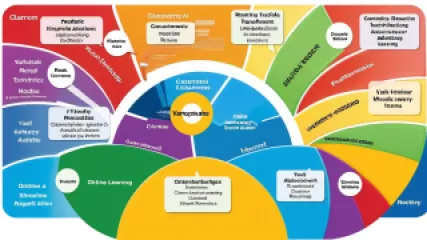Exploring the Impact of Emotional Neglect: A Research Summary
1 year ago
Understanding Emotional Neglect
Discover Your Ideal Learning Style with Positive Psychology Interventions
1 year ago
Learning Styles
Insights from an Emotional Neglect Consultation Service Expert
1 year ago
Understanding Emotional Neglect
Mindfulness vs Meditation: A Beginner's Guide
1 year ago
Mindfulness vs Meditation
Insights from Intuition Coaching Sessions
1 year ago
Developing Intuition
Improving Mental Well-being in Older Adults: Research Summary
1 year ago
Elderly Mental Care
10 Proven Anxiety Relief Methods to Cope with Stress
1 year ago
Coping Strategies
The Ultimate Guide to Navigating Ethical Dilemmas
1 year ago
Ethical Dilemmas
10 Effective Ways to Manage Academic Pressure
1 year ago
Dealing with Academic Pressure
What Are the Positive Effects of Physical Touch?
1 year ago
Benefits of Physical Touch
The Profound Impact of Physical Touch on Mental Health
1 year ago
Benefits of Physical Touch
10 Proven Strategies to Build Resilience in Kids
1 year ago
Building Resilience in Kids
Discover Your Optimal Learning Style: A Step-by-Step Guide
1 year ago
Learning Styles
Fostering Healthy Communication in Parent-Child Relationships
1 year ago
Parent Child Relationship
3 Self-Care Lessons from 'The Lord of the Rings' for Stressed Caregivers
1 year ago
Caregiver Stress















